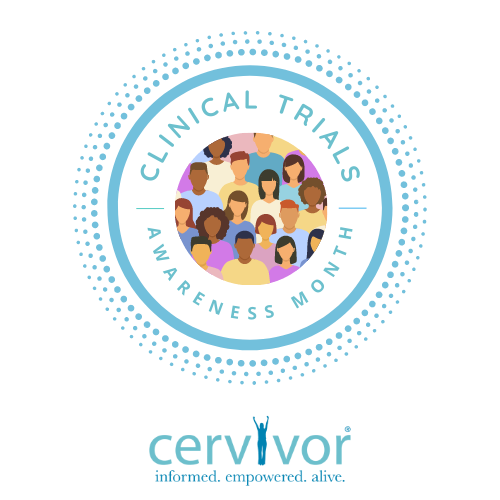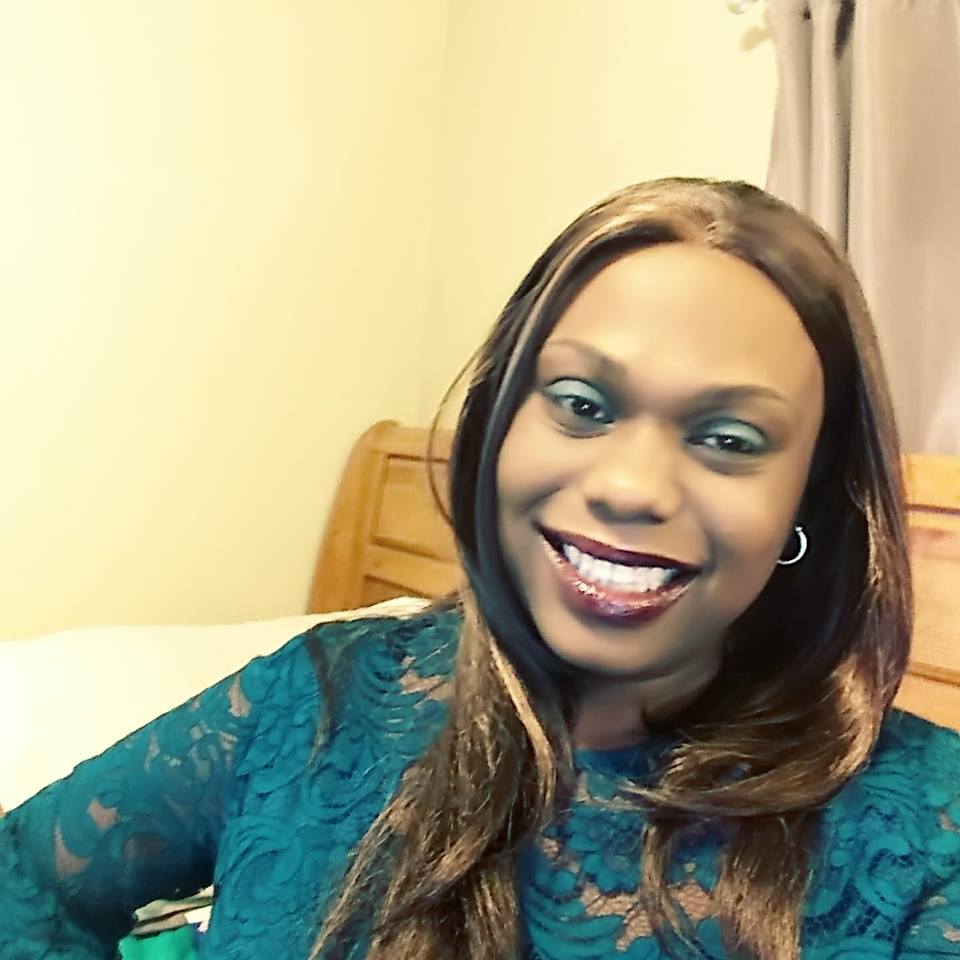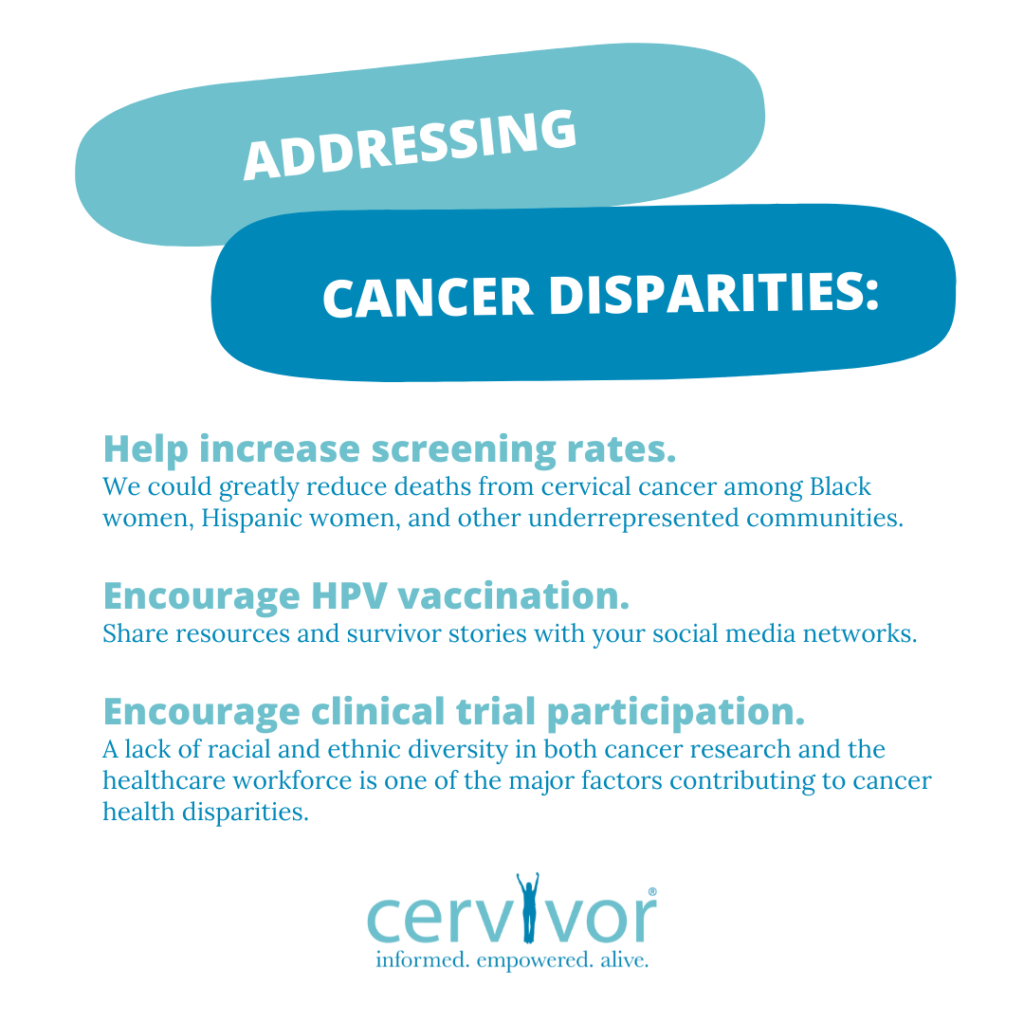My cancer posse is comprised of some of the best folks—kith and kin from around the country who rallied in April 2022 when I was first diagnosed with synchronous cervical and uterine cancers. Throughout this unchartered journey, my husband, married daughter in Mississippi and son in Massachusetts have each been effective posse leaders, giving me strength for the road, dispensing loving advice (whether solicited or not!) and serving as liaisons for meal trains, care packages and other generous support. They truly have been my first line of defense.
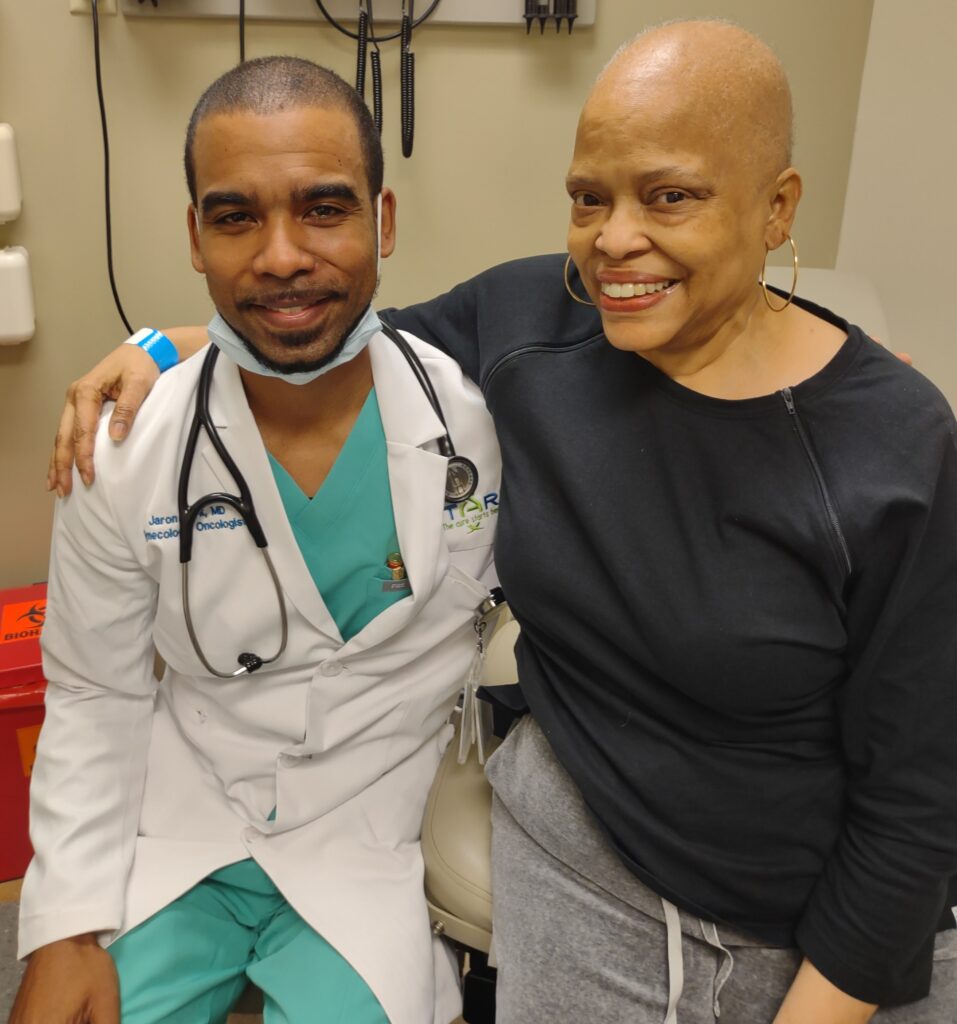
But, when I look back on this odyssey, I must admit that any success along this journey was determined by my relationship with the principal guide on this trip: my gynecologic oncologist. Captain of my medical team, he was instrumental in shepherding me through the cancer maze: treatment plans; laboratory results; side effects; scans. How blessed I am to have this particular medical professional on my posse.
Dr. Jaron Mark was referred to me after the biopsy and diagnoses. I was slightly surprised at our first consultation. The white-coated doctor who walked in and shook my hand did not appear much older than my son. A soft-spoken but confident young Black man, I was rather pleased that my oncologist would look like me, but I needed to be assured that he was ready for THIS middle-aged Black woman (who has occasionally been deemed a crusty old broad) as a patient. I recall one of the comments I made to him that day to let him understand my mind-set: “Doctor, I plan to celebrate my 100th birthday, and you’re going to help me get there!”
He looked somewhat taken aback, but then recovered well, smiled and nodded. He seemed up for the challenge.
I was also impressed when he shared that he is an alumnus of Meharry Medical College in Nashville, Tennessee. Established in 1876, Meharry was the only medical school to admit Blacks in the South and was the training ground for generations of Black doctors. As a graduate of an historically Black institution in Ohio myself, I always feel a special bond with other such alumni. His esteem was elevated further in my eyes when I discovered he was in practice with his father. Fighting cancer is very much the family business, I suppose.
The true value of our relationship was revealed during those early months of treatment. My oncologist carefully explained every step along the road, using lay terms to describe complicated procedures. He made certain to discuss side effects while also providing realistic possibilities. He never sugar-coated information, yet maintained an optimistic demeanor. And he was proactive. Although my cervical malignancy was Stage 3b1, he informed me that the Stage 1A uterine cancer was far more aggressive and deadly. He advised that I start chemotherapy immediately after brachytherapy, delaying a scheduled family vacation to Boston. When I protested, he very gently but firmly reminded me of the need to stall the progression of the uterine serous cells. He did not arrogantly reprimand me or condescend that he was the expert and I a mere patient; he actually appeared apologetic and concerned that I have all the facts to make an informed decision (the vacation was cancelled).
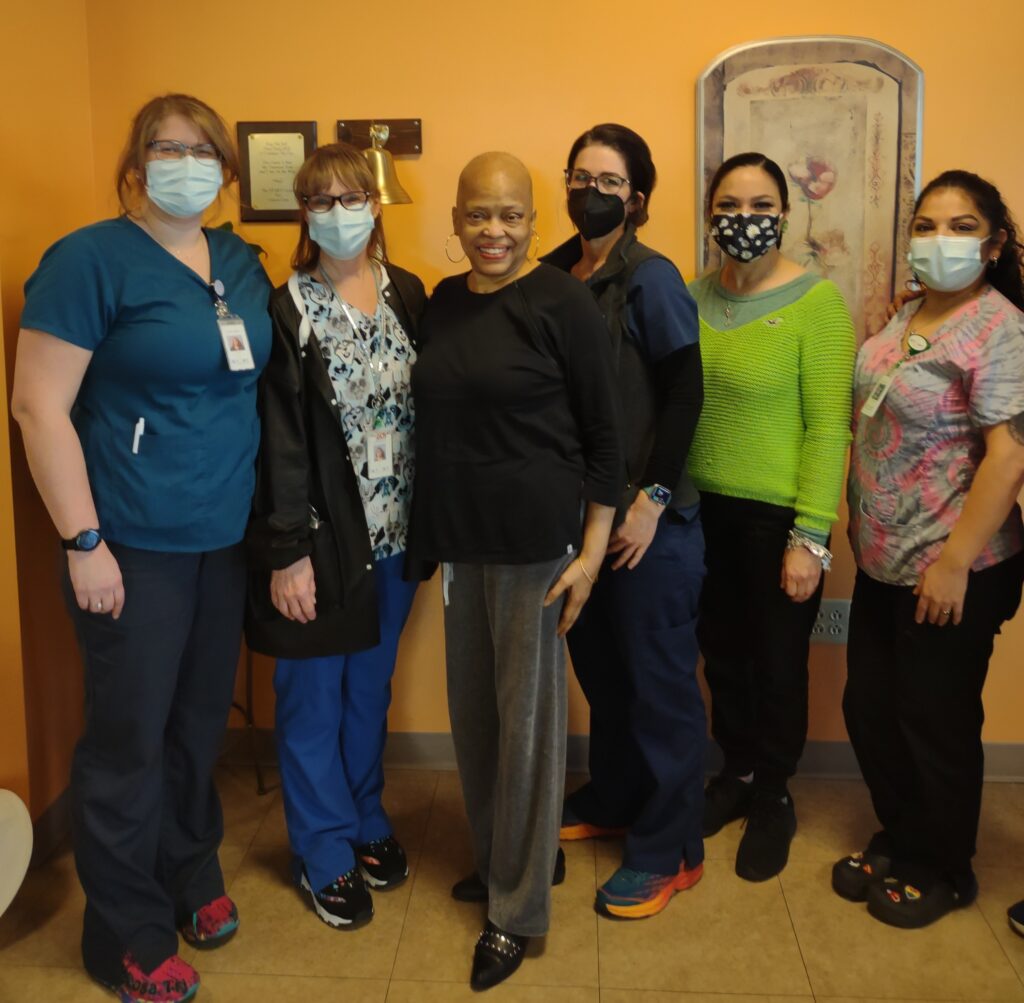
I ended chemotherapy on January 9, 2023. A scan later that month indicated no evidence of disease. However, by June I began experiencing digestive disturbances, abdominal discomfort and appetite loss. A further scan indicated recurrence of the uterine cancer in the peritoneum. My oncologist booked me for an immediate consultation and we discussed a plan of action that included oral chemotherapy and immunotherapy. But we also discussed a “Plan B” if the desired results were not achieved. I appreciated that he did not advise repeating the treatment plan that did not work the first time. And, if the medicine still fails to eradicate the cancer cells, he does not want to waste precious time; after 3-4 infusions of immunotherapy, he will order a scan to determine effectiveness. If there are no positive results, I will then take the clinical trial route.
I now understand why so many patients complain about the medical attention (or lack thereof) received from too many doctors and nurses. From the first meeting, I sensed that my young oncologist translated my verbal and nonverbal messages accurately. He was respectful and attentive and I reciprocated the same. Even though I was an entire generation or two ahead of him, he did not patronize or minimize. He answered every question asked, even those posed by my family members. Also importantly, his staff clearly was expected to behave similarly. When a nurse bungled some insurance issues and miscommunicated with me during the first months of treatment, I expressed my displeasure to the doctor and they were no longer employed there at my next appointment.
When Dr. Mark shook my hand at the end of our consultation last month, he looked me squarely in the eyes, smiled and shared words of encouragement that helped boost my spirits. In that moment, an unspoken bond was reaffirmed: he was not only my doctor, but a trusted fellow combatant in this war against my own cells, a posse member who continues to accompany me up hills and down valleys along the way. I could not ask for better!
A sixth generation Texan from San Antonio, Doris Helene White earned a B.A. from Central State University in Ohio (an historically black institution) and a juris doctorate from Boston University School of Law. Her career in the government sector as a Massachusetts trial attorney reaffirmed her commitment to an equitable legal system. Her husband Steven Soares, daughter Dr. Leigh Soares and son Steven Cooper Soares lead the best “cancer posse” in the galaxy!
